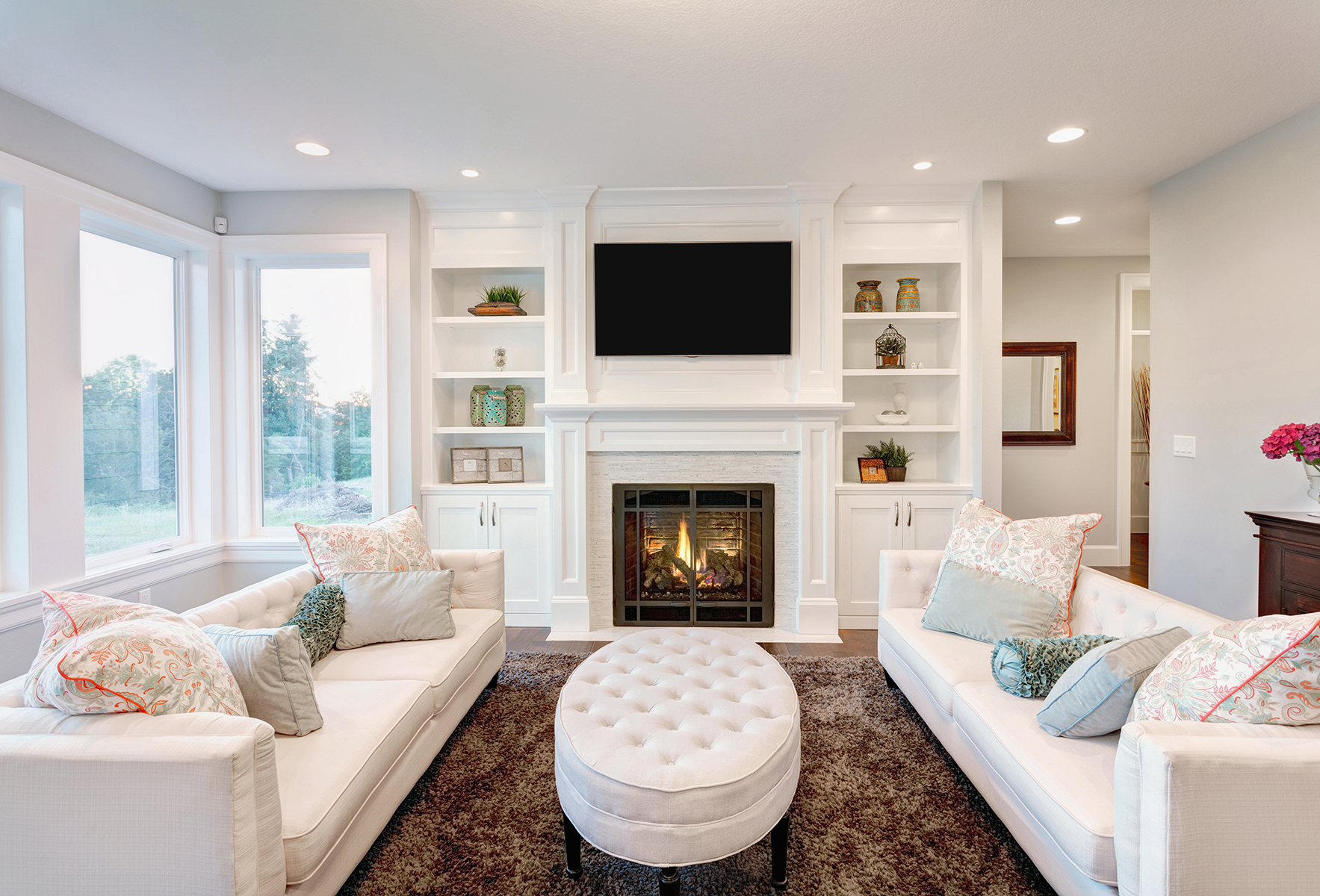When you live in a real estate market with limited listings – like most of the country – and sellers have the upper hand, you may feel you can skip staging your home for sale. After all, if buyers are competing for homes in your area, they may be willing to overlook a couple of cluttered closets or a crowded living room, right? Not exactly. Today’s buyers, rather, are more likely to not even consider your house if it’s not shown at its best, particularly in online photos.
Benefits of Home Staging
If you want to sell your house for the best possible price in the shortest possible time, staging should be part of the marketing plan developed by you and your real estate agent.
Thirty-nine percent of agents said that staging greatly decreases the amount of time a home is on the market, according to the National Association of Realtor’s 2017 Profile of Home Staging. In addition, 21 percent said staging increases the dollar value offered by buyers by six to 10 percent and 29 percent of respondents said staging increases the dollar value offered by buyers by one to five percent.
In addition, more than three-quarters of buyers’ agents (77 percent) in the NAR survey said that staging made it easier for buyers to visualize a property as a future home.
Best Rooms to Stage
How much time and money you should invest in staging depends on its condition and your local market. Your real estate agent can help you determine the best approach to attract buyers.
When it comes to staging rooms in the house, 83 percent of agents say the living room is the most commonly staged. Second to that space is the kitchen, the master bedroom and the dining room. Whether you choose to stage one room or several, your goal is to make each buyer see your home as their own.
Tips for Staging
Here are three quick tips to get your home ready for the market, and you can read more staging tips here.
Depersonalize: Remove any personal items, as buyers may find them distracting. You want buyers to picture themselves in your home, rather than being reminded that someone else lives there.
Clear the clutter: Pack your small items; leave out fewer but larger pieces. Remove extra furniture and off-season clothing to make rooms and closets look bigger.
Clean and deodorize: Thoroughly clean your home, including windows, sliding door tracks and ceiling fans, as well as your garage and basement. Use light air fresheners for a clean scent.
